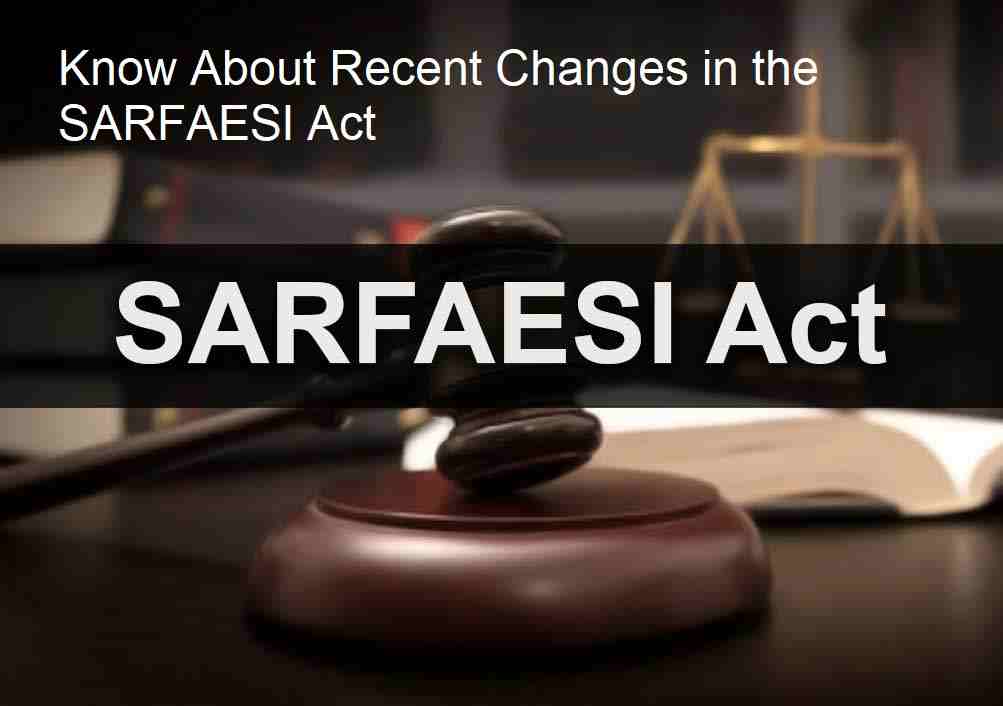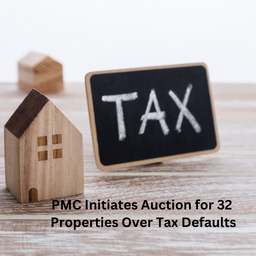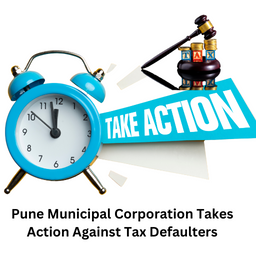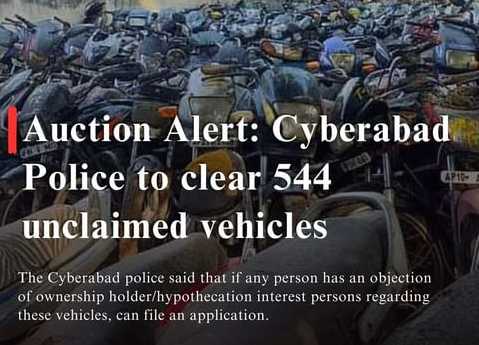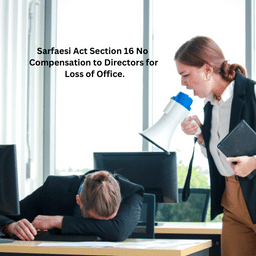Foreclosure and repossession are two of the most common ways that banks and lending institutions regain control of properties and assets that have been purchased with loans that are no longer being repaid. These processes can be confusing and overwhelming, but understanding them is important for anyone considering buying a foreclosed property or repossessed asset.
What is Foreclosure?
Foreclosure is when a lender reclaims a property when the borrower has defaulted on their mortgage payments. This can happen for various reasons, such as a loss of income, an increase in interest rates, or unexpected expenses. When a borrower defaults on their mortgage, the lender will typically start the foreclosure process by sending a notice of default. This is a formal notice that the borrower is in default and that the lender intends to foreclose on the property if the borrower does not bring their payments current.
If the borrower does not bring their payments current, the lender will typically start the foreclosure process by scheduling a public auction for the property. This auction is usually held at the county courthouse or at the property itself. During the auction, the highest bidder will become the new owner of the property, subject to the lender's approval. If there are no bidders or the highest bid is not enough to cover the outstanding loan balance, the lender will take ownership of the property.
What is Repossession?
Repossession is when a lender reclaims a property or asset when the borrower has defaulted on their loan payments. This can happen for various reasons, such as a loss of income, an increase in interest rates, or unexpected expenses. When a borrower defaults on their loan, the lender will typically start the repossession process by sending a notice of default. This is a formal notice that the borrower is in default and that the lender intends to repossess the property or asset if the borrower does not bring their payments current.
If the borrower does not bring their payments current, the lender will typically start the repossession process by scheduling a public auction for the property or asset. This auction is usually held at the county courthouse or the location of the property or asset. During the auction, the highest bidder will become the new owner of the property or asset, subject to the lender's approval. If there are no bidders or the highest bid is not enough to cover the outstanding loan balance, the lender will take ownership of the property or asset.
Why Should You Consider Foreclosed Properties or Repossessed Assets?
Foreclosed properties and repossessed assets can offer a great opportunity for buyers to get a great deal on a property or asset. Because these properties and assets are being sold by banks and lending institutions, they are typically priced well below market value. Additionally, because the banks and lending institutions want to get these properties and assets off their books as quickly as possible, they are often willing to negotiate on the price.
Another advantage of foreclosed properties and repossessed assets is that they are typically sold "as is." This means that the buyer is purchasing the property or asset in its current condition and will be responsible for any necessary repairs or upgrades. This can be a great opportunity for buyers who are handy or have experience with home renovation, as they can purchase a property or asset at a discounted price and then make the necessary repairs or upgrades to increase its value.
How to Find Foreclosed Properties and Repossessed Assets
There are many ways to find foreclosed properties and repossessed assets. One of the easiest ways is to search online. Many banks and lending institutions have websites where they list their foreclosed properties and repossessed assets for sale. Additionally, some websites specialize in listing foreclosed properties and repossessed assets from multiple lenders and institutions. These websites often have search filters that allow you to narrow down your search based on location, price, and other criteria.
Another way to find foreclosed properties and repossessed assets is to check with your local county courthouse. Many counties have a website where they list upcoming public auctions for foreclosed properties and repossessed assets. You can also check with local real estate agents, as they may have access to listings for foreclosed properties and repossessed assets that are not yet listed on public websites.
When buying a foreclosed property or repossessed asset, it's important to do your due diligence and research the property or asset thoroughly. This includes checking for any outstanding liens or judgments, researching the property's history and condition, and obtaining a professional inspection. It's also important to understand the terms of the sale and any contingencies that may be included, such as the requirement to obtain financing or the inclusion of a property condition disclosure statement.
Conclusion:
Foreclosed properties and repossessed assets can offer a great opportunity for buyers to get a great deal on a property or asset. But, it's important to understand the process of foreclosure and repossession and to do your due diligence when researching and purchasing a property or asset. With the right approach and research, you can find a great deal on a property or asset that can help you achieve your real estate or investment goals.
